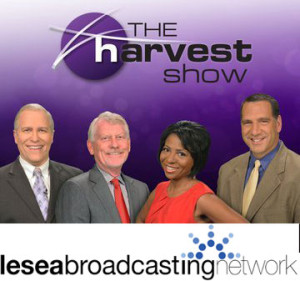(Frederick Buechner is one of my top five favorite authors. I’ve recently been reading many of his books again. As we are enduring uncertain times and also beginning a new school year, I believe his thoughts fit. Read and reflect. Think about uncertainty, about emptiness, about silence. Think about waiting. As we process Buechner’s words, maybe we can embrace the wonder of God’s love in the middle of these strange times.)
“God speaks to us, I would say, much more often than we realize or than we choose to realize. Before the sun sets every evening, he speaks to each of us in an intensely personal and unmistakable way. His message is not written out in starlight, which in the long run would make no difference; rather it is written out for each of us in the humdrum, helter-skelter events of each day; it is a message that in the long run might just make all the difference. Who knows what he will say to me today or to you today or into the midst of what kind of unlikely moment he will choose to say it. Not knowing is what makes today a holy mystery as every day is a holy mystery. But I believe that there are some things that by and large God is always saying to each of us. Each of us, for instance, carries around inside himself, I believe, a certain emptiness—a sense that something is missing, a restlessness, the deep feeling that somehow all is not right inside his skin. Psychologists sometimes call it anxiety, theologians sometimes call it estrangement, but whatever you call it, I doubt that there are many who do not recognize the experience itself, especially no one of our age, which has been variously termed the age of anxiety, the lost generation, the beat generation, the lonely crowd. Part of the inner world of everyone is this sense of emptiness, unease, incompleteness, and I believe that this in itself is a word from God, that this is the sound that God’s voice makes in a world that has explained him away. In such a world, I suspect that maybe God speaks to us most clearly through his silence, his absence, so that we know him best through our missing him. But he also speaks to us about ourselves, about what he wants us to do and what he wants us to become; and this is the area where I believe that we know so much more about him than we admit even to ourselves, where people hear God speak even if they do not believe in him. A face comes toward us down the street. Do we raise our eyes or do we keep them lowered, passing by in silence? Somebody says something about somebody else, and what he says happens to be not only cruel but also funny, and everybody laughs. Do we laugh too, or do we speak the truth? When a friend has hurt us, do we take pleasure in hating him, because hate has its pleasures as well as love, or do we try to build back some flimsy little bridge? Sometimes when we are alone, thoughts come swarming into our heads like bees—some of them destructive, ugly, self-defeating thoughts, some of them creative and glad. Which thoughts do we choose to think then, as much as we have the choice? Will we be brave today or a coward today? Not in some big way probably but in some little foolish way, yet brave still. Will we be honest today or a liar? Just some little pint-sized honesty, but honest still. Will we be a friend or cold as ice today? All the absurd little meetings, decisions, inner skirmishes that go to make up our days. It all adds up to very little, and yet it all adds up to very much. Our days are full of nonsense, and yet not, because it is precisely into the nonsense of our days that God speaks to us words of great significance—not words that are written in the stars but words that are written into the raw stuff and nonsense of our days, which are not nonsense just because God speaks into the midst of them. And the words that he says, to each of us differently, are be brave…be merciful…feed my lambs…press on toward the goal.”
—Frederick Buechner, Listening to Your Life: Daily Meditations with Frederick Buechner
Listening to Your Life: Daily Meditations with Frederick Buechner









